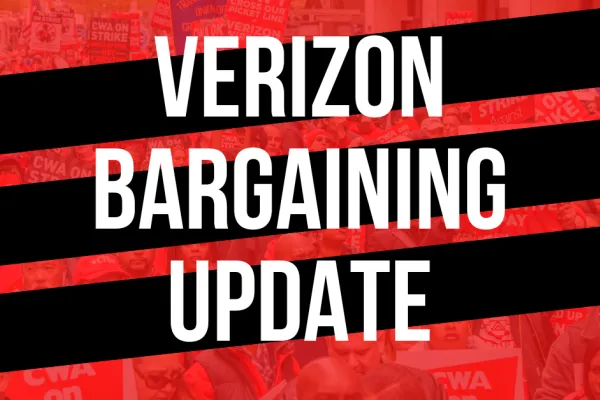Public Safety Employer-Employee Cooperation ACT
Public safety workers protect us and are there for our communities when we need them most. These hard working and dedicated men and women deserve to have their voices heard on the job. Unfortunately, only 25 states fully protect the right of state and local public safety officers to collectively bargain. This oversight in this country’s fundamental collective bargaining laws can be addressed through Congressional passage of The Public Safety Employer-Employee Cooperation Act (HR 413/S. 1611).
This overwhelmingly bipartisan legislation would provide collective bargaining rights for public safety officers employed by state and local governments and would establish a level playing field for public safety employees in all 50 states. It directs the Federal Labor Relations Authority (FLRA) to determine whether state law provides specified rights and responsibilities for public safety officers, including the right to form and join a labor organization which excludes management and supervisory employees, and which is, or seeks to be, recognized as the exclusive bargaining agent for such employees and requires employers to recognize and agree to bargain with the employees' labor organization.
If a state currently does not provide these rights to public safety officers, the legislation requires the FLRA to issue regulations establishing rights and responsibilities for public safety employers and employees. If a state does not have substantial rights and responsibilities already in place for its public safety employees, the FLRA is directed to determine the appropriateness of units for labor organization representation, supervise or conduct elections to determine whether a labor organization has been selected as an exclusive representative by a voting majority of the employees in an appropriate unit, resolve issues relating to the duty to bargain in good faith, conduct hearings and resolve complaints of unfair labor practices, and resolve exceptions to arbitrator's awards. The public safety employer, employee, or labor organization will be granted the right to seek enforcement of FLRA regulations and orders. Existing collective bargaining agents and agreements will not change with enactment of this legislation. Public safety employers and employees will be prohibited from engaging in lockouts or strikes.
In an era when public safety employees are under attack and targeted for draconian budget cuts, they deserve the opportunity to speak up for themselves. This legislation will give them that legal right to come together and work with the governing institutions in the communities they have pledged to protect to find ways to lessen those difficult financial decisions. They have every right to be at the table discussing their careers and communities and this legislation does just that.
The late Senator Ted Kennedy put matters into perspective perfectly. He stated in support for this legislation, “Strong partnerships between first responders and the cities and states they serve are vital to public safety. Studies show that cooperation between public safety employers and employees improves the quality of services communities receive and reduces worker fatalities… Every New York City firefighter, emergency medical technician and police officer who responded to the disaster at the World Trade Center on 9/11 was a union member under a collective bargaining agreement, and those agreements strengthened their ability to respond in that time of crisis.”
The American men and women who help ensure that we can go to bed each night knowing that we are safe under their watch deserve basic labor protections and collective bargaining rights. Identical legislation passed the House of Representatives in 2007 on a bipartisan vote of 314 to 97, and it is time for the 111th Congress to take action as well. CWA is urging legislators to protect America by ensuring they are protected as well, and to support the Public Safety Employer-Employee Act of 2010.
This may be the only legislation that passes this year which will extend collective bargaining rights for Ameican workers. The Employee Free Choice Act is bottled up by a minority who refuse to let the Senate vote on the measure. The United States stands near the bottom of the most important economies in the world in extending collective bargaining rights. The International Association of Fire Fights has done a terrific job is organizing support for this bill. It moves us a step forward and deserves full support.
From the Desk of the Vice President of CWA District 1
Nurses at Cayuga Medical Center Fight for Their Union

